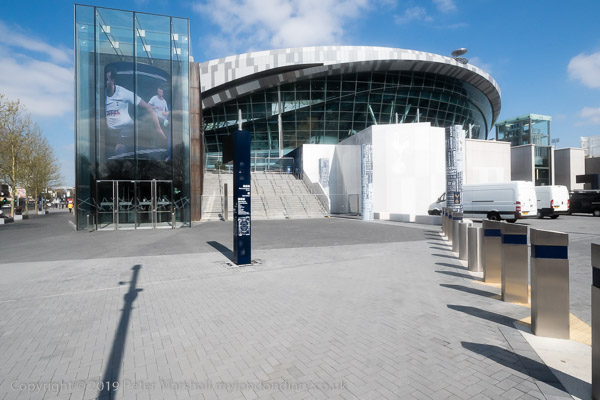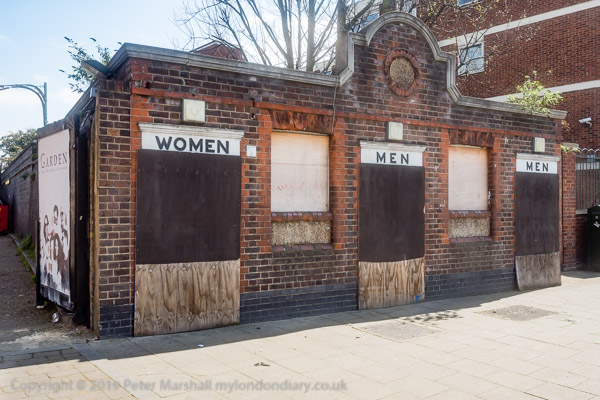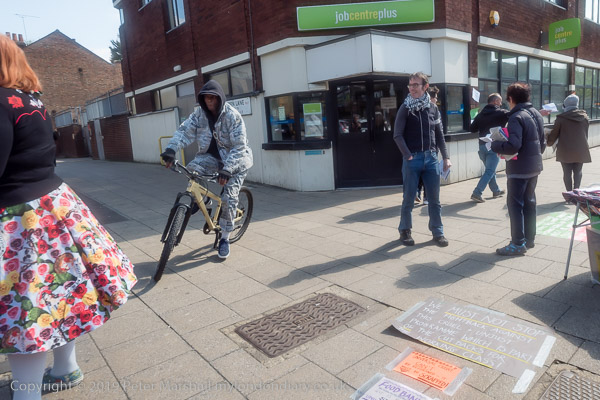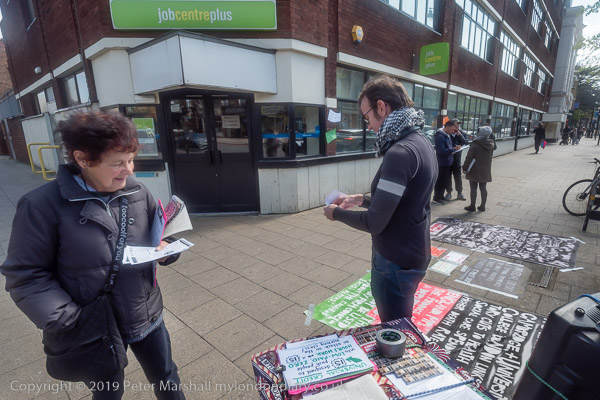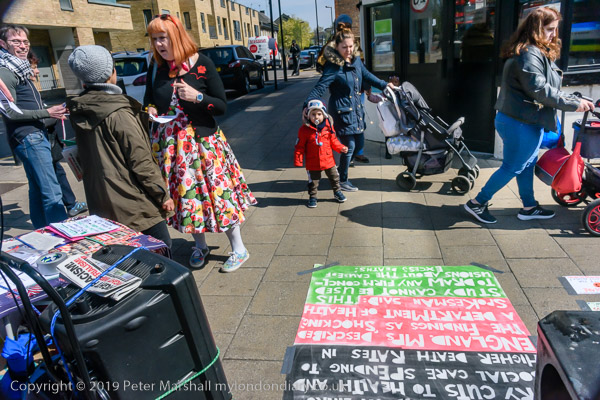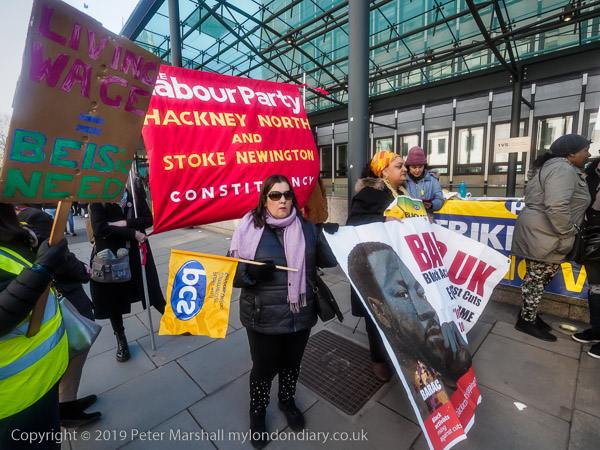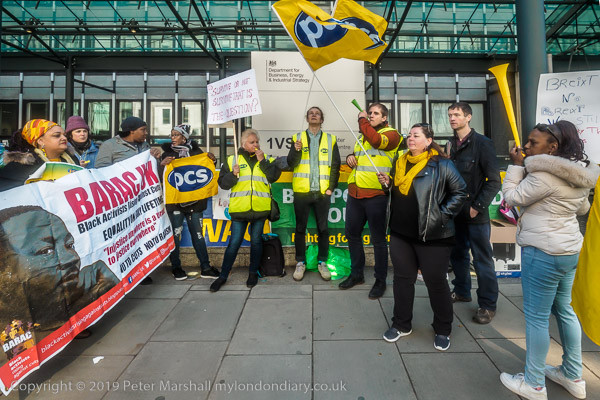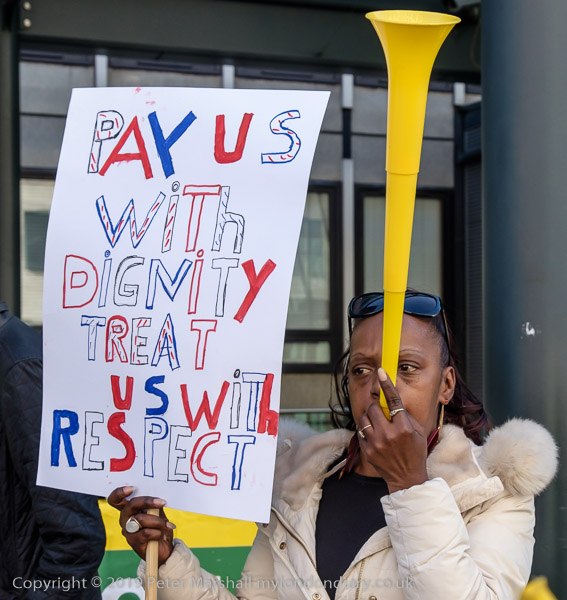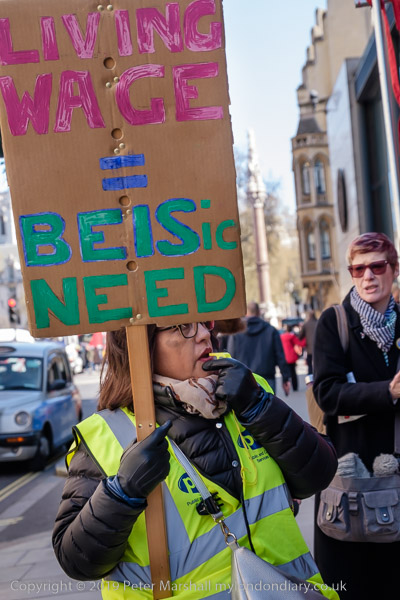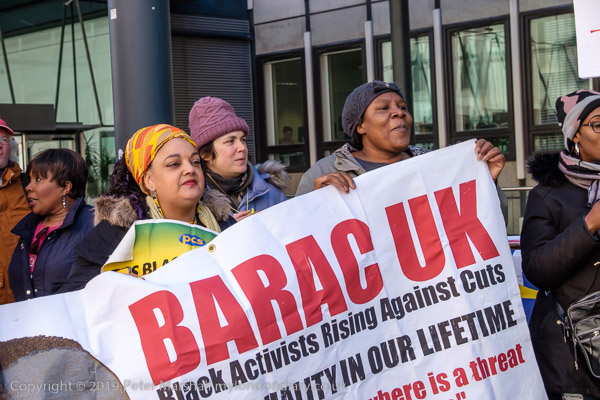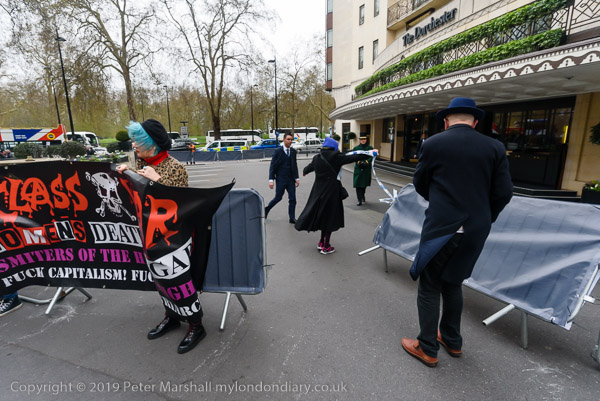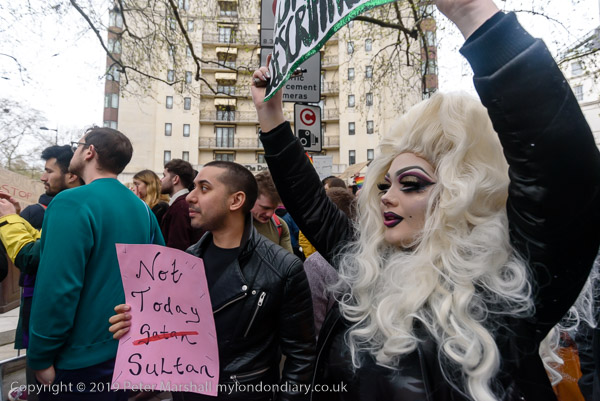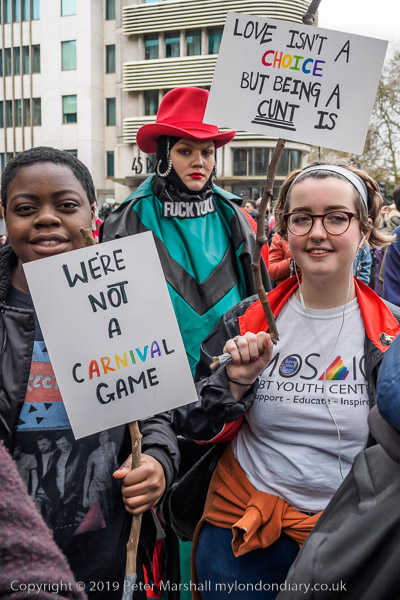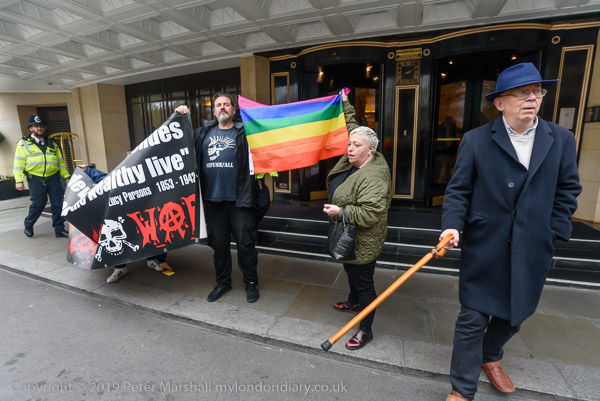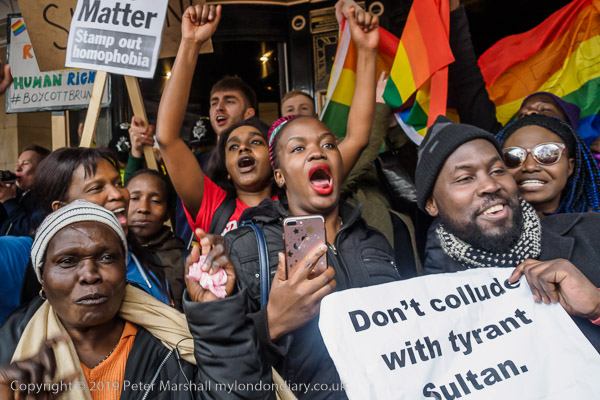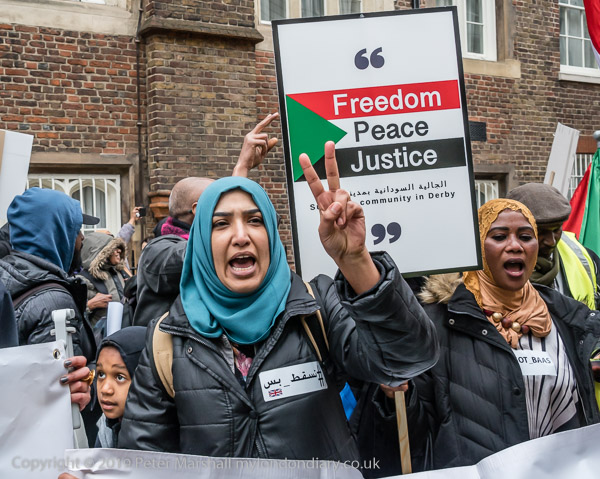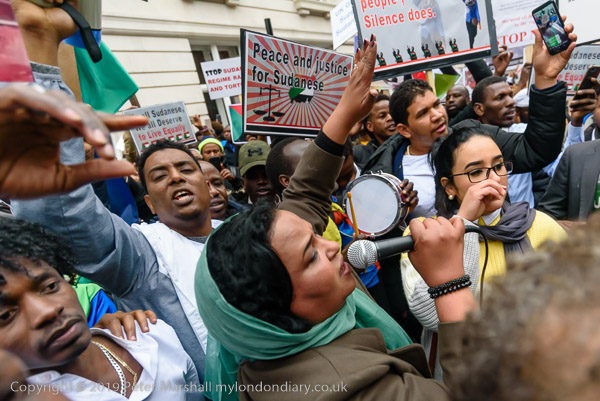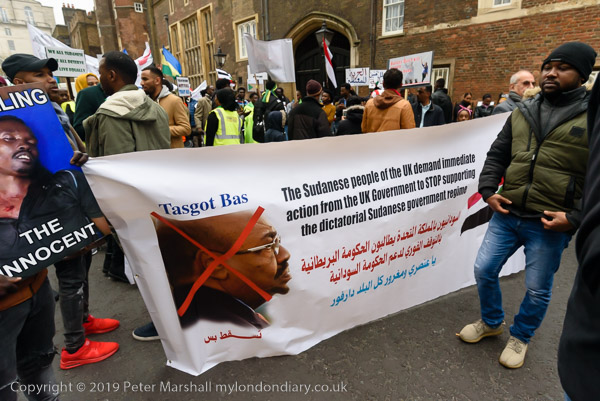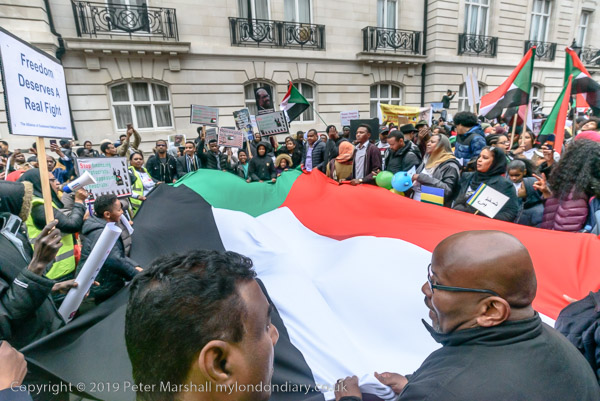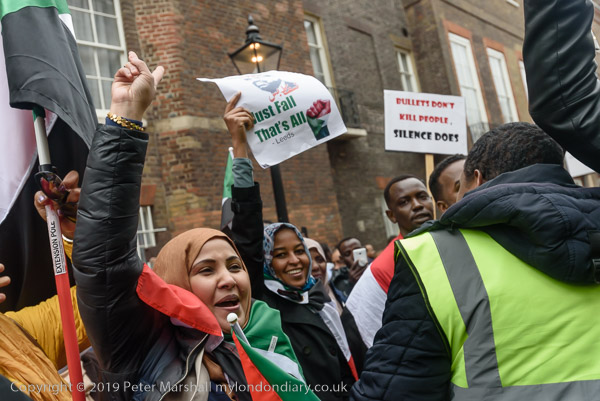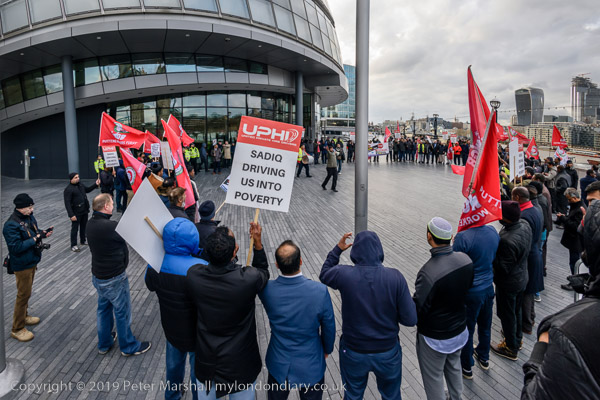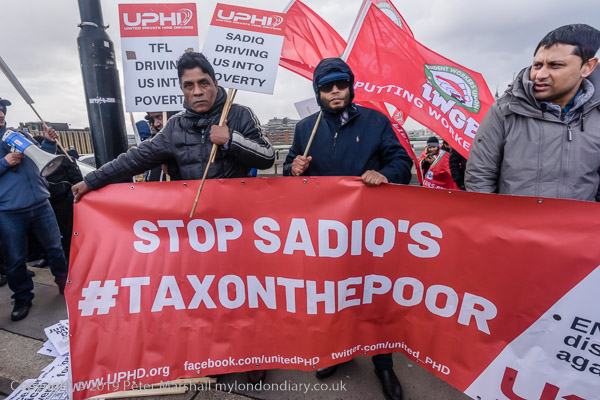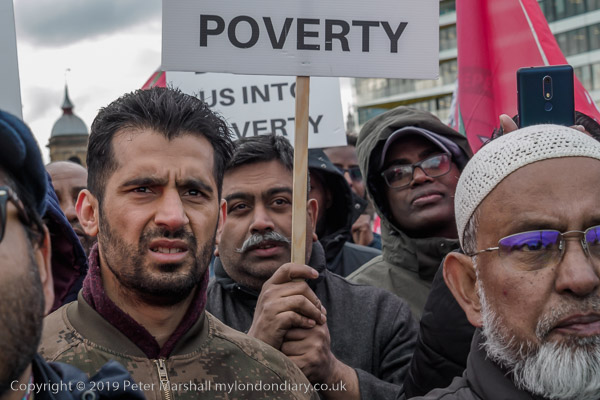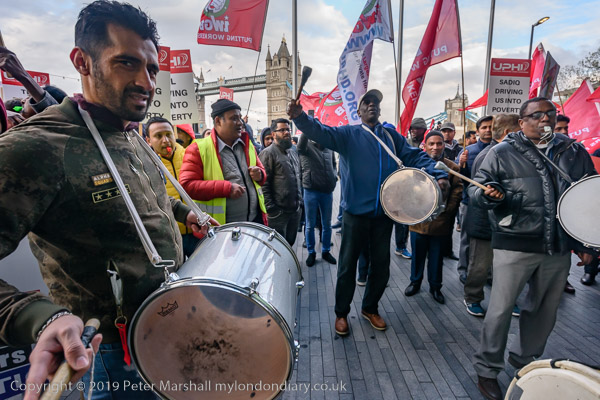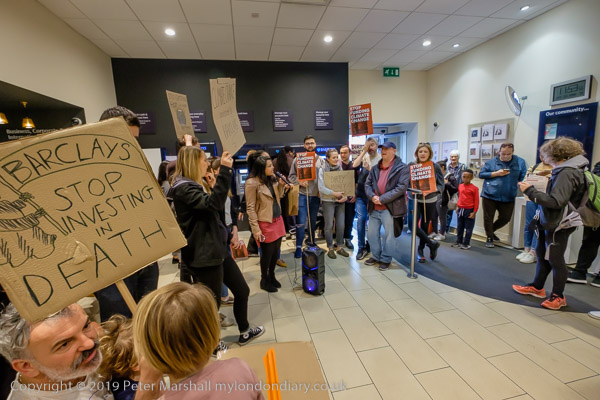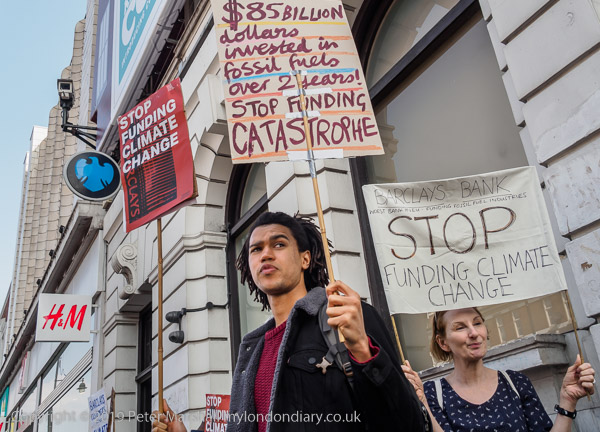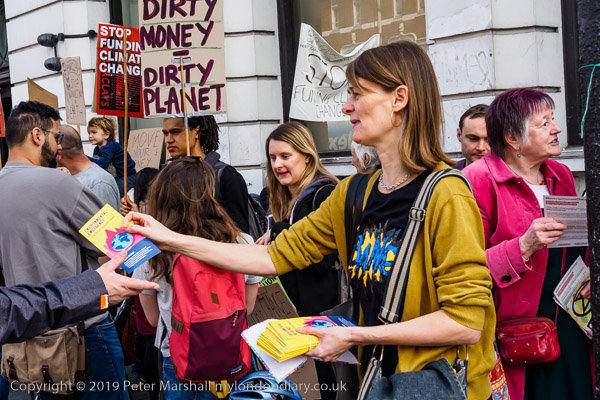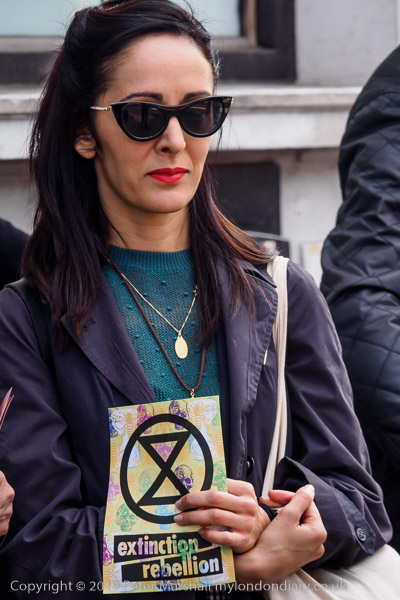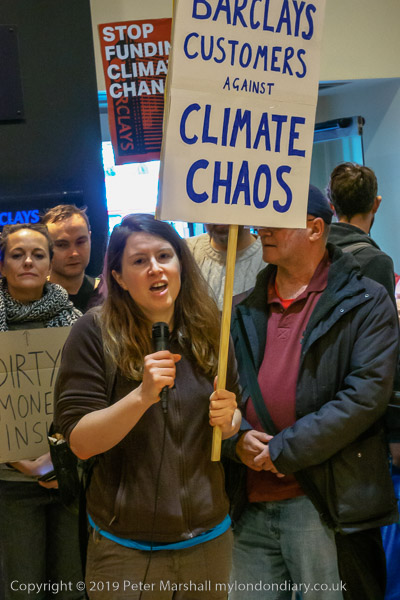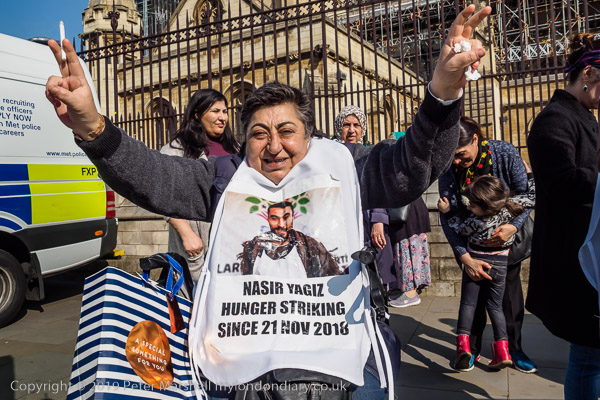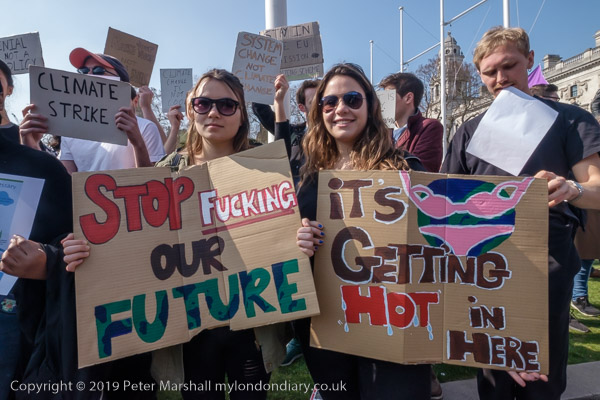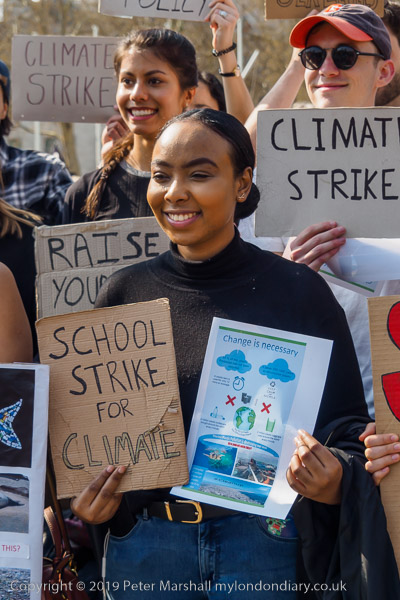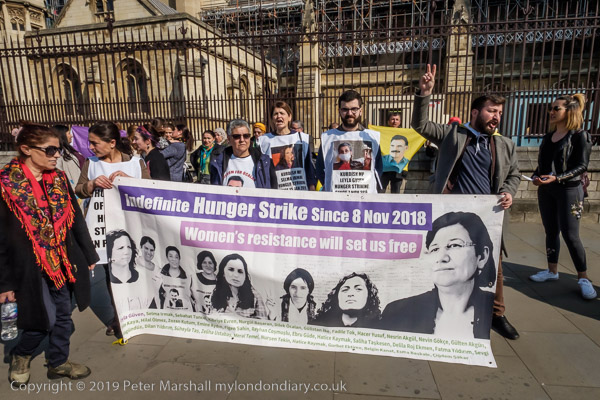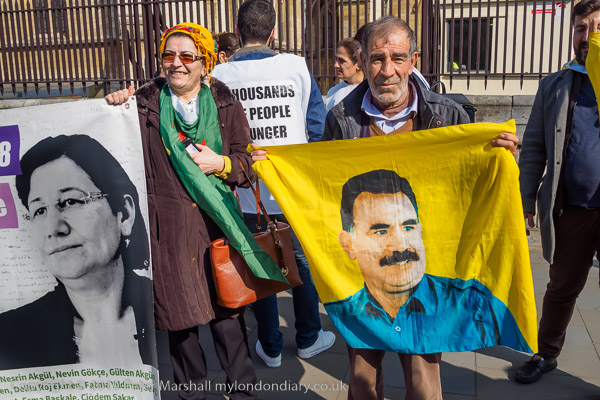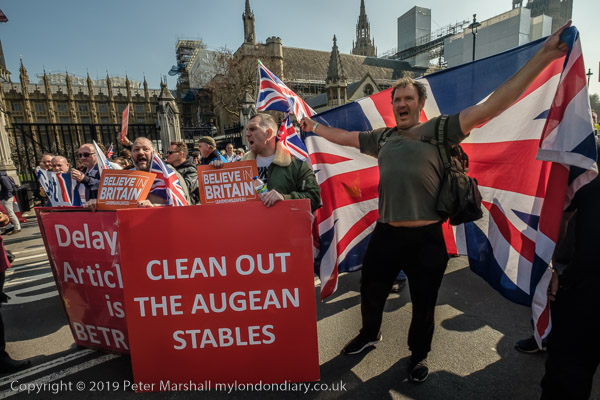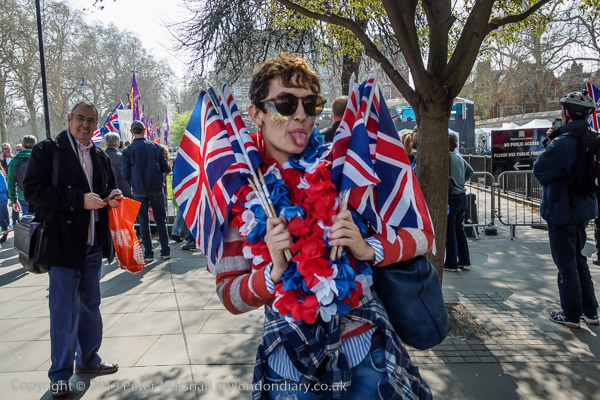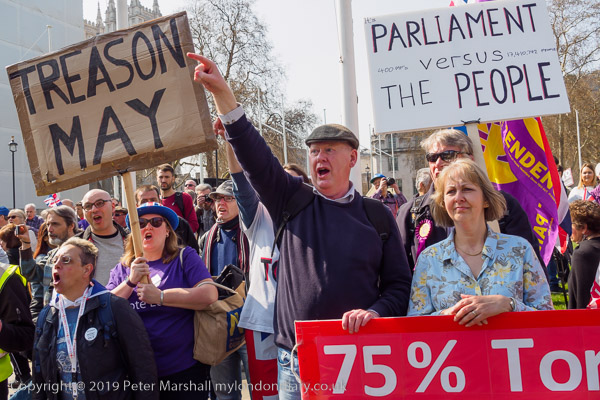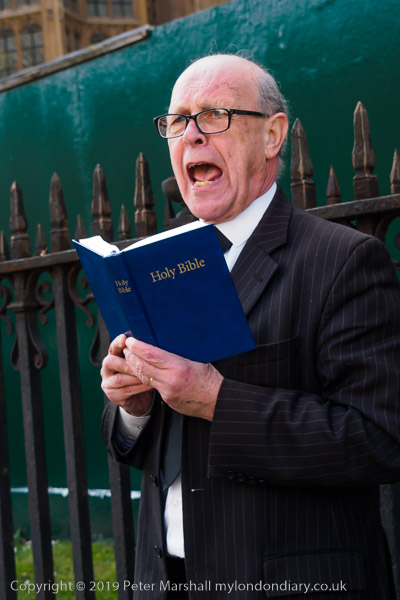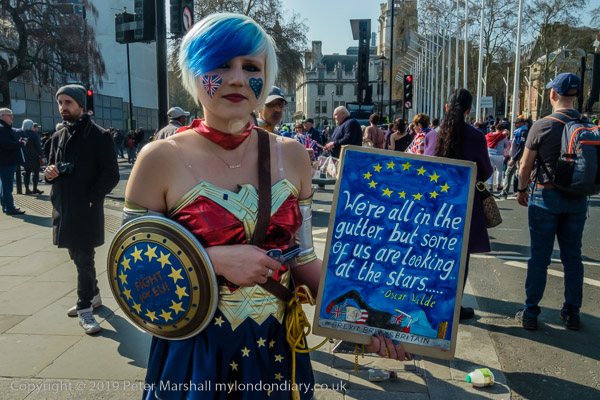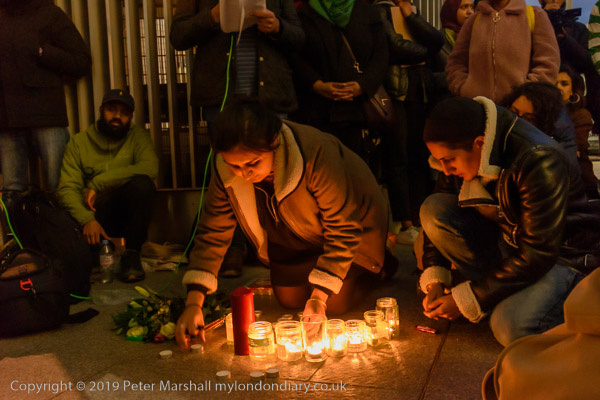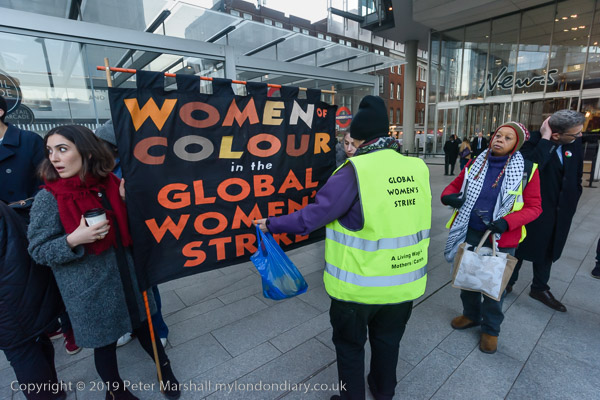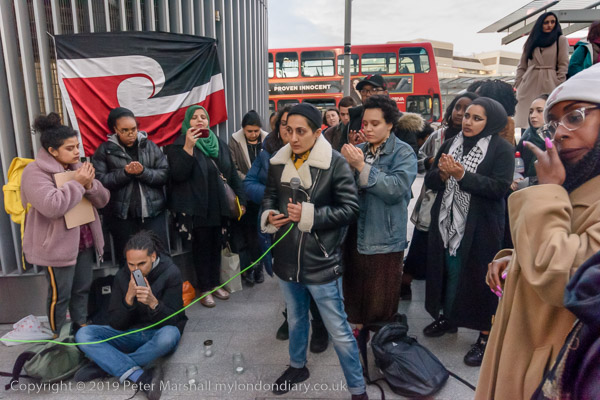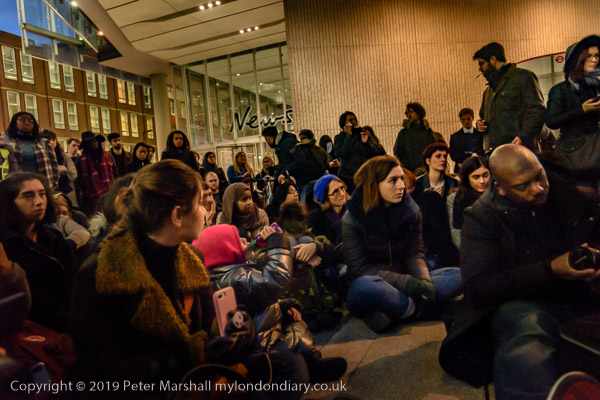It has been great to see the recent awakening of interest in British documentary photograph from the last 30 or so years of the previous century. The 1970s began well, but by the end of that decade it was an area that attracted little interest and even less funding. Apart from a few who had established a reputation, most were left to continue their work not because of any community of support or wider interest but because of a burning personal conviction.
It was an era when people were beginning to set up galleries and photography was increasingly bought as art (and investment) but while gallery owners might look through portfolios and admire documentary work, often at length, they would then regretfully say “I’d love to show this, but it wouldn’t sell“. And the non-commercial world, increasingly dominated by the world of education had become obsessed by theory, and it became the idea expressed in words that mattered more than any quality of its expression in visual form. Documentary was old hat, and while it might get a showing if sufficiently historical (particularly if its creators had become a part of the established canon) there was little interest in new work – and its value was increasingly questioned.
One major operation that in recent years that has begun to mine this rich seam of largely unpublished work is the series of Café Royal Books, small low-cost volumes published weekly by Craig Atkinson, dedicated to “Publishing, Preserving and Making Accessible British Documentary Photography“. I’ve written about this before, and have to declare an interest in that a few of the many volumes have been of my own work, with another due shortly.
Others too have played a part, among them Bluecoat Press in Liverpool, who have used crowd-funding to finance the publication of a number of fine volumes, including books by Paul Trevor and Trish Murtha. Their latest crowd-funder, already fully subscribed but open for more pledges (and rewards) until Wed, July 24 2019 10:28 AM BST, is for Coal Town, “Mik Critchlow’s epic documentary about the last years of coal mining in Ashington and England’s North East.”
It would be hard to imagine a photographer more embedded in the community he was photographing than Critchlow, who has for 42 years photographed the town in which he was born and lives.
” His grandfather worked at Woodhorn Colliery for 52 year, his father was a miner for 45 years and his two brothers worked for 25 years before taking redundancy shortly after the 1984 Miners’ Strike “
Of course this wouldn’t matter if the photographs weren’t worth looking at, but they show a fine and intimate view of Ashington and its people by a photographer who is clearly aware of the history and possibilities of the medium and capable of using it in a personal fashion. I’m moved by them, and possibly strongly enough to overcome the domestic fatwah on buying any more books. And I know I’ll regret it if I don’t make a pledge.
The north-east, thanks largely to Side Gallery and the Amber-Side Collection was one area of the country where documentary remained in high regard during the fallow years for the rest of the country.
